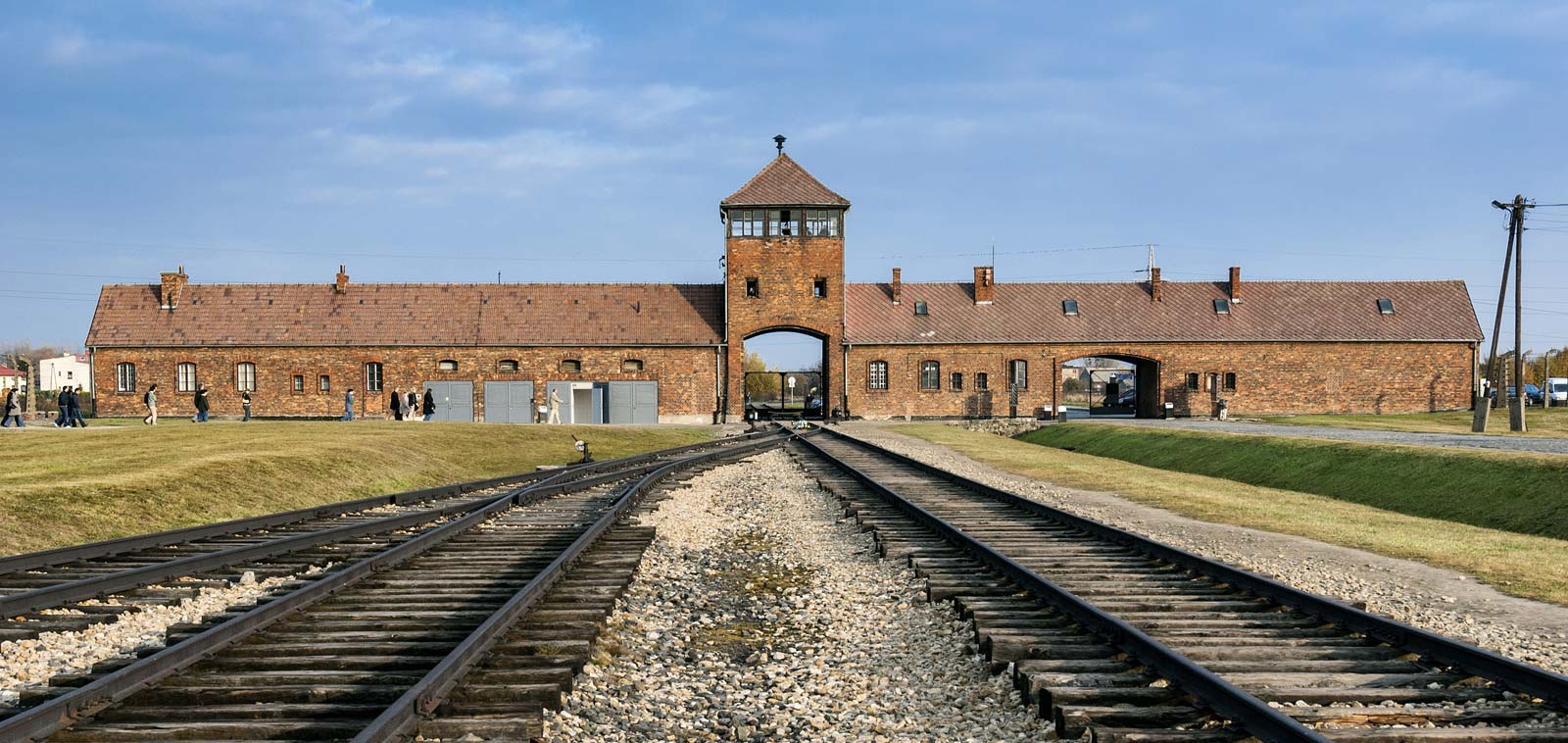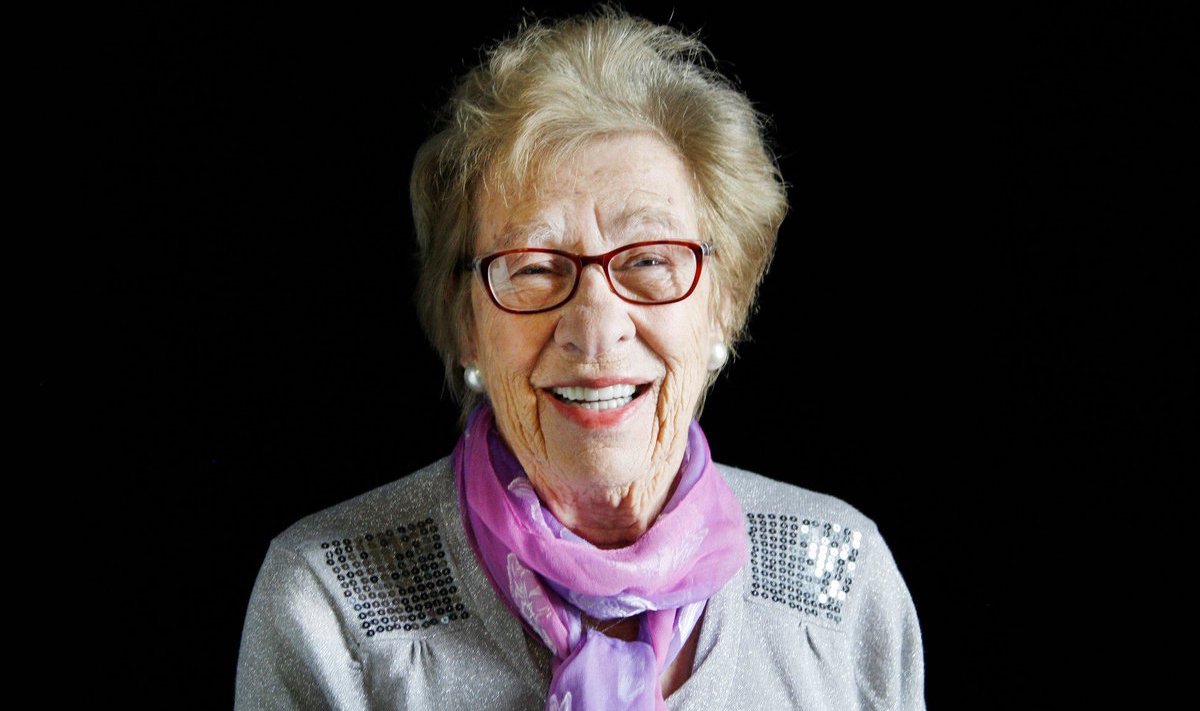Last Sunday I attended World Religion Day 2020, which was co-organized by the Baha’i Community of Hong Kong and the Hong Kong Network on Religious Peace. While our cosmopolitan city has (in my opinion) a ways to go in catching up with New York or London in terms of culture, there is one field in which it remains as diverse as either. This, to the surprise of many, is religion, and on Sunday I saw the city’s stunning array of faith traditions responding to the Baha’i-led congress in full force. From Sikh songs to readings of the Torah to stories about the Good Samaritan, the meticulously planned and rich program demonstrated that Muslims, Confucians, Daoists, Buddhists, and all the rest of us long intensely for interfaith unity and transnational friendship in these unusually volatile times.
The next day, City Hall hosted the annual United Nations Holocaust Memorial Day, which was graced by the presence of Holocaust survivor and writer Eva Schloss, who is also Anne Frank’s step-sister. It was, of course, a pointedly sombre occasion as it was also the 75th anniversary of Auschwitz’s liberation. Auschwitz was a complex of over 40 camps where at least of 1.1 million people were systematically murdered out of 1.3 million prisoners.
These two events had a shared focus on religion, yet differed in their weight and emphasis. Still, running through both was that beautiful, spiritual yearning for unity. It is a deeply human wish that persists amidst, in spite of, and because of terrible divisions and conflicts that have wrought unspeakable pain, horrors, and violence on the dignity, body, and society of human beings.

Despite her advanced age at 90, Eva Schloss spoke with an articulate vigour and purpose. She shared her story methodically, used to giving many lectures and written extensively about her terrifying childhood experiences of fleeing from house to house, the shock of betrayed by a Nazi double-agent posing as a resistance member in Amsterdam (who, she pointed out, only got 4 years of prison time), and finally, her experience of the darkest depths of human evil and ultimate survival of Auschwitz II-Birkenau.
I found there to be a poetic duality in the celebration of our common objectives and hopes, the theme of World Religion Day, and the recollection of some of humanity’s greatest sins the day immediately afterward. Unity, true world unity, seems further from reach than ever. To many, and not just cynics, there may even be a naive ring to it. We have seen failures of leadership time and again. With rising regional tensions and geopolitical division, it is entirely conceivable that a combustible situation (often self-inflicted) could lead to wider conflict, perhaps even on or worse than the scale of World War Two. Only just a few weeks ago, there were genuine fears about a scenario of devastating war between the US and Iran and its allies. The accompanying abominations of the last world war, like the Shoah or Holocaust, the butchery of Chinese and other East Asian and Allied civilians and prisoners of war by the Japanese, and many, many more, must never be repeated again. Mourning past gross evils is an important way to remind ourselves that the demons behind such horrors could manifest again in different societies and contexts.
Of course, the factors that led to great power competition, social division, and broadening gaps of understanding between different groups of people are not quite the same today as it was in 1939. Nevertheless, as the timeless but true axiom goes, we must learn from our past to understand where we are headed. Just as a candle’s light and warmth is most palpable in darkness, the most resilient, loving, and compassionate side of humanity can also be discerned in its darkest moments.


[…] written briefly about my afternoon at World Religion Day in Hong Kong, which was organized by the local Baha’i community. It took place only a couple […]